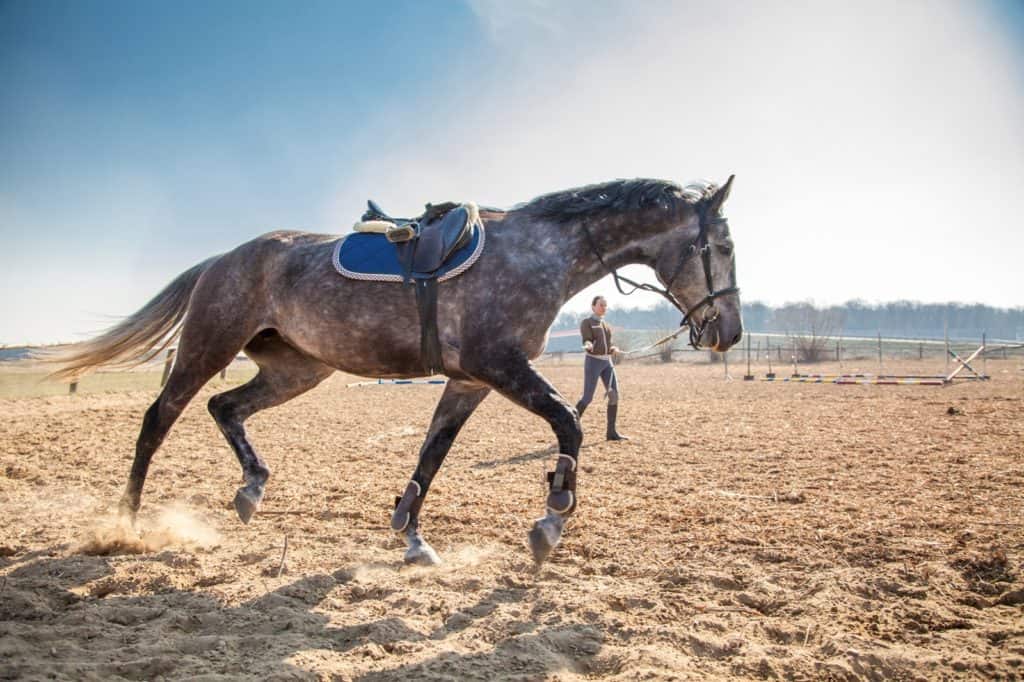
Managing the Chronically Laminitic Horse
A podiatrist gives his tips for keeping a horse with chronic laminitis and equine metabolic syndrome comfortable.
How to care for the basic health needs of horses

A podiatrist gives his tips for keeping a horse with chronic laminitis and equine metabolic syndrome comfortable.

Use winter downtime to declutter your horse barn and promote chore efficiency.

A nutrition expert offers advice on preventing weight gain and boredom while a hefty horse is on stall rest.

An equine nutritionist shares tips to reduce impaction colic risk in senior horses, focusing on hydration, digestion, proper feeding practices, and more.

Early diagnosis and proper treatment of these joint problems can make the difference in whether the horse can return to soundness.

Longeing horses in a controlled way and avoiding overlongeing could be the most effective ways to protect their joints.

Proper shoeing aligns with a horse’s conformation and job, enhancing natural abilities with minimal interference.

Researchers found that a herd of Icelandic horses survived after their water source froze amid snowstorms. But, as a rule, horses should always have access to fresh water.

Learn why your horse might benefit from a slow hay feeder and how to choose the right one.

Should you adjust your horse’s diet if he will have time off during winter? What changes are safe to make? An equine nutritionist explains.

Learn about this life-threatening condition that occurs when Gram-negative bacteria or parts of their walls access a horse’s blood.

When will your mare foal? Learn the signs of impending foaling and what prognostic tools can help.

Ah, the age-old question: When managing horse wounds, should you wrap them or let them “air out”? Researchers are working to determine whether bandaging is the best option and in what circumstances.

How to decide if your older mare is a good candidate for breeding and improve her chances of success.

Learn how and why this approach is a cornerstone in the treatment of dorsal spinous process impingement.

A horse’s ridden or competitive career doesn’t have to end after an osteoarthritis diagnosis. Two experts share tips for conditioning these animals.
Stay on top of the most recent Horse Health news with
"*" indicates required fields